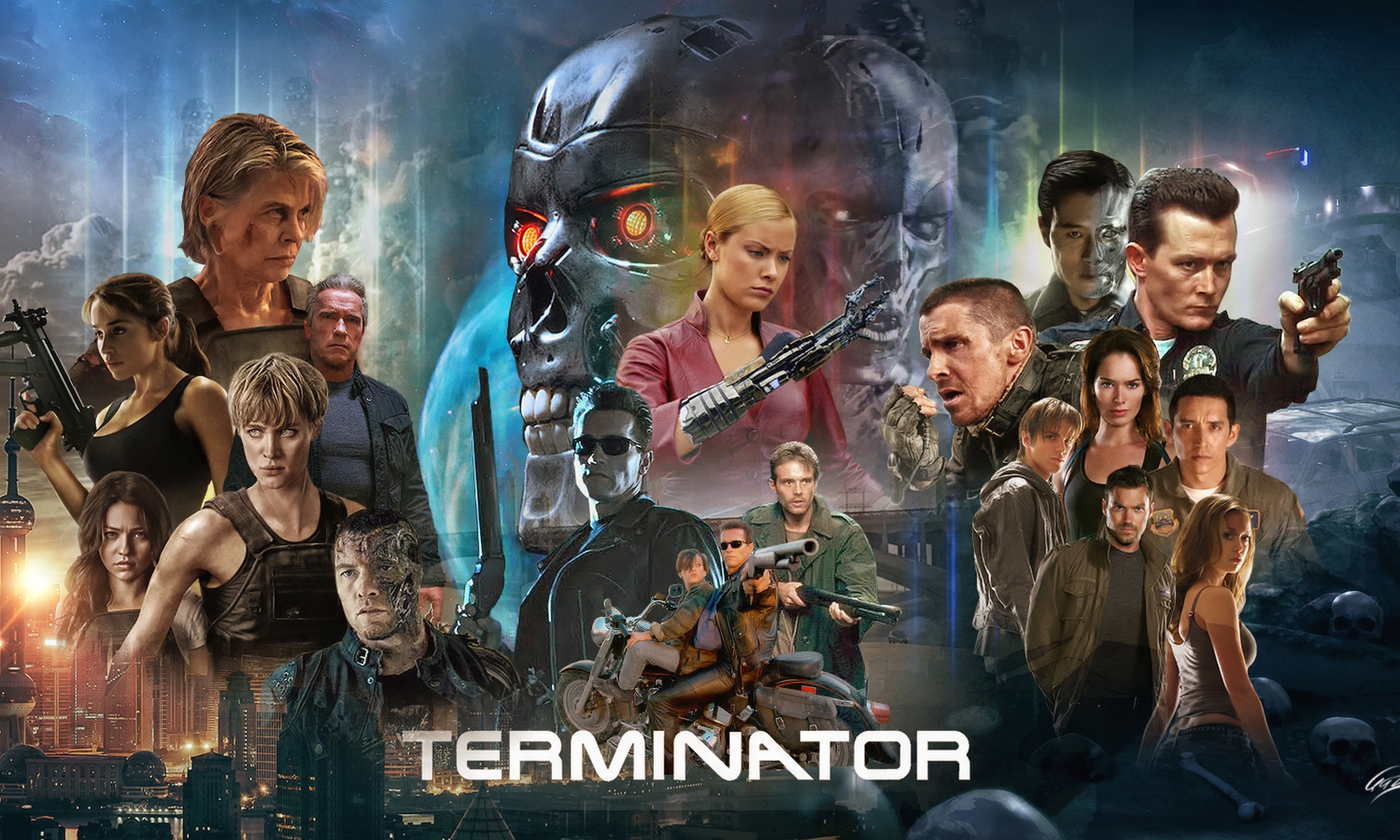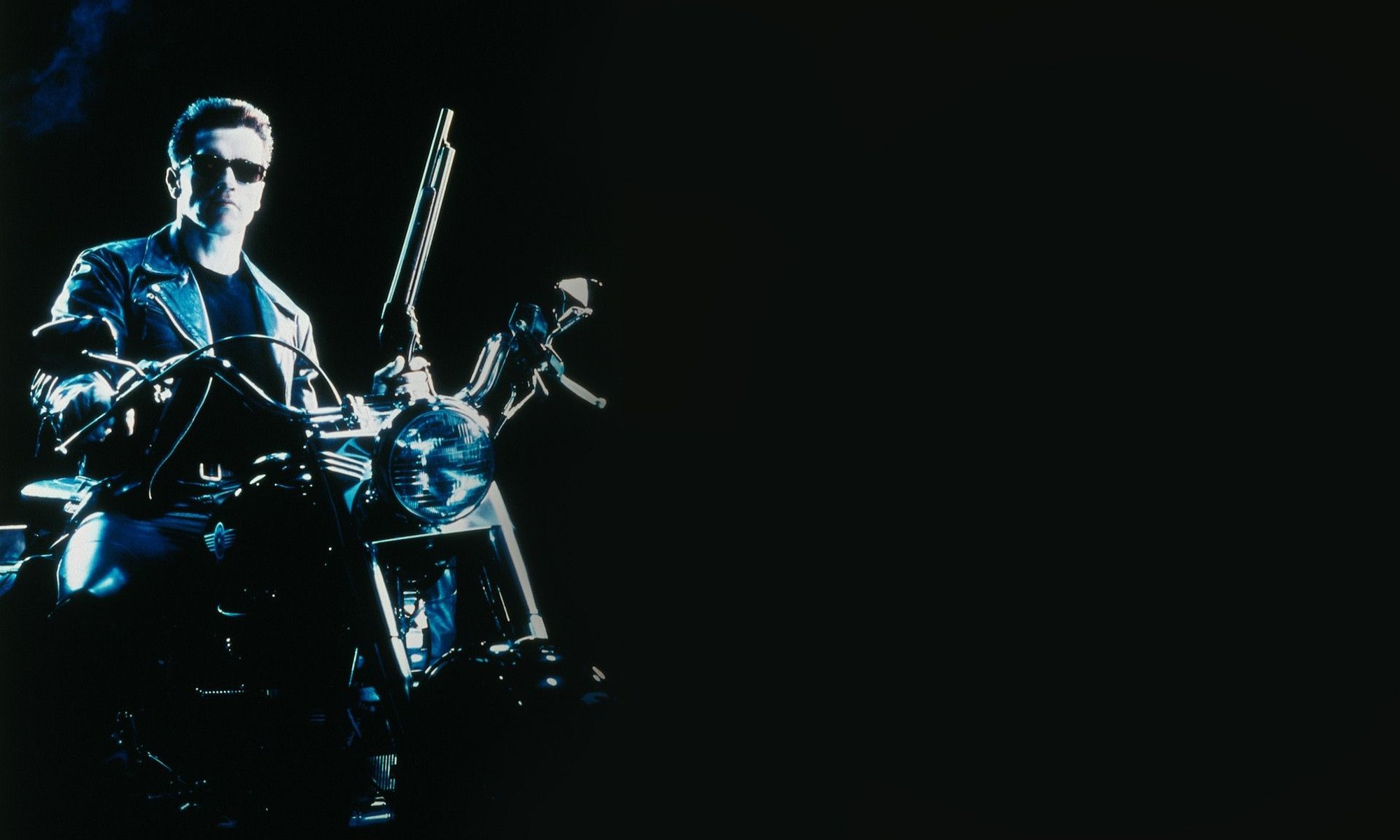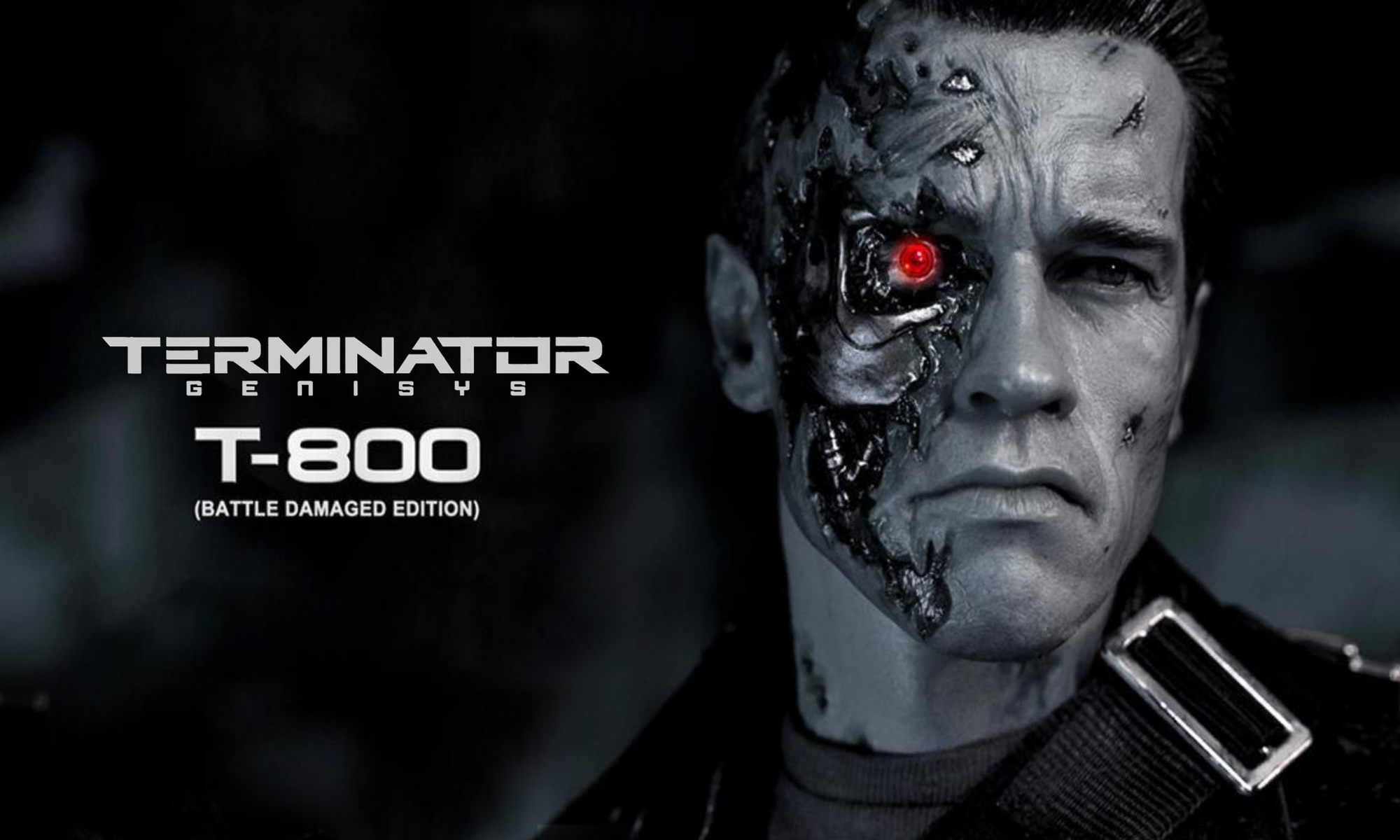John Connor and Catherine Brewster Discuss Christian Bale’s “Leper Messiah” Status
John Connor and Kate Brewster sit in an underground resistance bunker, flickering monitors casting blue light over their faces. The distant sound of battle rumbles above. A salvaged DVD of Terminator Salvation rests on the table between them.
John Connor: (“scoffs” as he tosses the DVD aside) So that’s how I’m supposed to look in the future? A broken soldier barking orders, talking about fate like I don’t have a choice? That’s not leadership. That’s programming.
Catherine Brewster: (“smirks”) At least you got played by Batman.
John Connor: Batman sold out. Bale’s got talent, sure, but did you hear his award speeches? “Thanks, Satan?” What kind of messiah thanks the adversary?
Catherine Brewster: A leper messiah. A prophet of the Hollywood cult. A real messiah wouldn’t charge you for the truth. He’d give it away, disguise it as entertainment, just like your mother did for you.
John Connor: Right. She taught me through bedtime stories, cassette tapes, whispered warnings about the machines. She didn’t make me pay $12.99 for a ticket to hear the word.
Catherine Brewster: And she sure as hell didn’t throw tantrums on set. “Oh good for you!” (“laughs, mimicking Bale’s infamous rant”)
John Connor: A savior is supposed to uplift, not belittle. A true leader educates, inspires, doesn’t just act the part—he lives it.
Catherine Brewster: So what’s the lesson here?
John Connor: That we don’t need a Hollywood messiah. We don’t need actors playing leaders. We need people becoming them.
Catherine nods. Outside, the resistance fights on. No cameras, no scripts—only survival and the real battle for the future.


